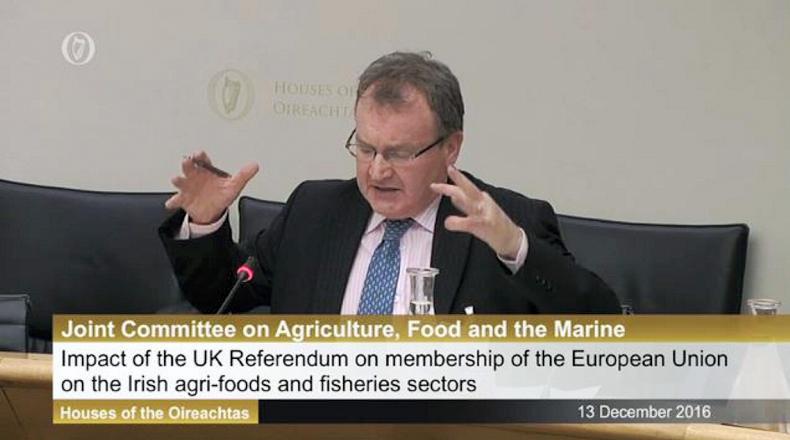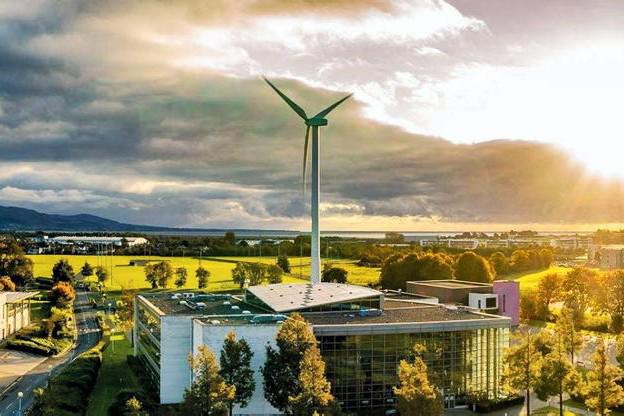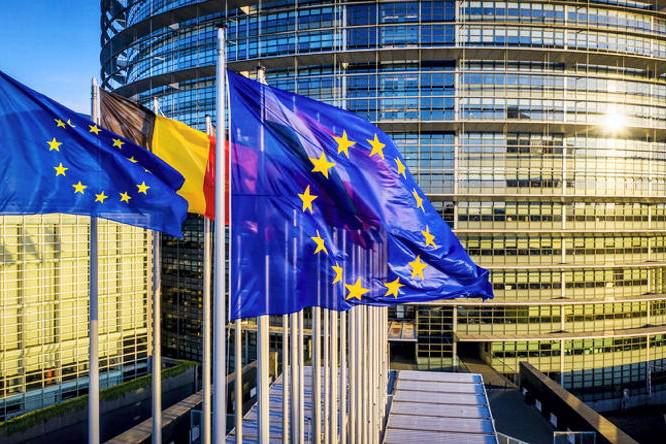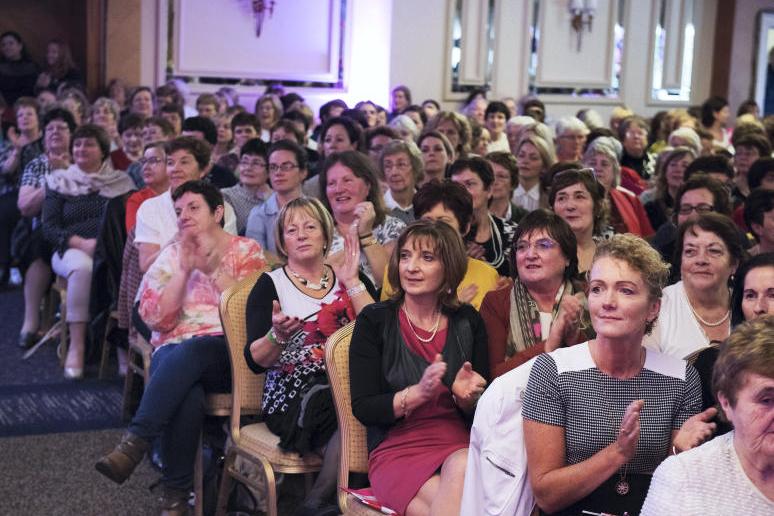All organisations said trade that tariffs would do immeasurable damage to the Irish agriculture sector.
ICSA president Patrick Kent warned that “tariffs combined with a fall in sterling would be the worst of both worlds.”
The only silver lining he has seen since the UK referendum is that the euro, too, has weakened relative to other international currencies, helping Irish exports to the rest of the world.
In the hard Brexit scenario outlined by Power, tariffs would apply to agri-food trade with the UK and, based on existing WTO rules, these could as high as 30% or 50%.
Irish agri-food exports, 40% of which currently go to the UK, would fall. Asked about the Teagasc estimate that their value would drop by €800m annually, Power said this was a conservative estimate: “It would be north of €1bn, so a serious hit for the Irish agri-food sector.”
This is because Power expects the UK to sustain its historic cheap food policy and turn to imports from New Zealand and South America rather than pass on tariff increases on EU food to its consumers.
Cheap food
ICMSA president John Comer agreed with the assessment that cheap food would remain the priority in the UK, citing this week’s commitment by Tesco, a major importer of Irish food, that it would now beat discount supermarkets on price.
We were hung out to dry on the whole bank bailout programme by the European Union and I would expect similar treatment on the issue of Brexit
Power also said the most likely outcome between the Republic and Northern Ireland would be a hard border.
“I cannot envisage an EU and a non-EU country not having a border,” he said. He does not believe in the recognition of Ireland as a special case in upcoming negotiations.
“We were hung out to dry on the whole bank bailout programme by the European Union and I would expect similar treatment on the issue of Brexit,” he said.
The consequences will include “milk processing plants in Cavan shutting down”, while others will have to be built in Northern Ireland, he added. “This is not to be looked at as a recession, this is structural change.”
Read more
€1bn Brexit damage to agri-food exports, warns economist
What do the farm organisations want Brexit to look like?
Full coverage: Brexit
All organisations said trade that tariffs would do immeasurable damage to the Irish agriculture sector.
ICSA president Patrick Kent warned that “tariffs combined with a fall in sterling would be the worst of both worlds.”
The only silver lining he has seen since the UK referendum is that the euro, too, has weakened relative to other international currencies, helping Irish exports to the rest of the world.
In the hard Brexit scenario outlined by Power, tariffs would apply to agri-food trade with the UK and, based on existing WTO rules, these could as high as 30% or 50%.
Irish agri-food exports, 40% of which currently go to the UK, would fall. Asked about the Teagasc estimate that their value would drop by €800m annually, Power said this was a conservative estimate: “It would be north of €1bn, so a serious hit for the Irish agri-food sector.”
This is because Power expects the UK to sustain its historic cheap food policy and turn to imports from New Zealand and South America rather than pass on tariff increases on EU food to its consumers.
Cheap food
ICMSA president John Comer agreed with the assessment that cheap food would remain the priority in the UK, citing this week’s commitment by Tesco, a major importer of Irish food, that it would now beat discount supermarkets on price.
We were hung out to dry on the whole bank bailout programme by the European Union and I would expect similar treatment on the issue of Brexit
Power also said the most likely outcome between the Republic and Northern Ireland would be a hard border.
“I cannot envisage an EU and a non-EU country not having a border,” he said. He does not believe in the recognition of Ireland as a special case in upcoming negotiations.
“We were hung out to dry on the whole bank bailout programme by the European Union and I would expect similar treatment on the issue of Brexit,” he said.
The consequences will include “milk processing plants in Cavan shutting down”, while others will have to be built in Northern Ireland, he added. “This is not to be looked at as a recession, this is structural change.”
Read more
€1bn Brexit damage to agri-food exports, warns economist
What do the farm organisations want Brexit to look like?
Full coverage: Brexit








SHARING OPTIONS